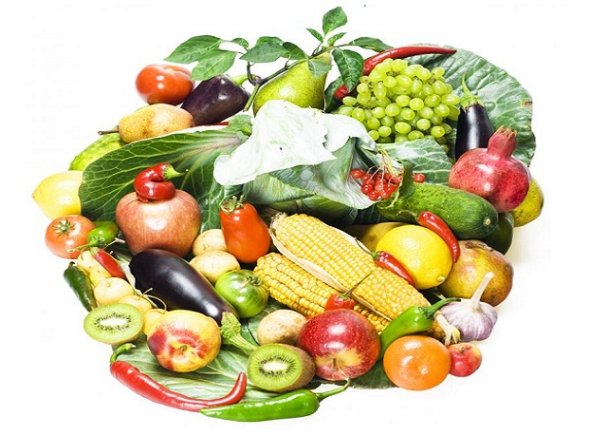Living a healthy lifestyle that balances exercise and diet comes with a lot of challenges. You will hit many ‘walls’ at the gym as you push yourself physically, overcoming pains to make gains. Many people hit other walls when trying to gain muscle and bulk up.
Gaining mass often means changing your approach to eating habits, not hitting the gym harder. With the correct balance of foods on your plate, and some self-discipline between meals, anyone when bulk up a bit with some extra muscle.

Table of Contents
Harness the Power of Protein
Protein is important if you are trying to build muscle. It helps your body repair itself after a hard workout and build new muscle mass as you push your body to lift more or run further and faster.
Getting more protein and working out go hand in hand, your best gym buddy is a protein shaker. Protein shakes are perfect for taking to the gym, or for a run or a bike ride. You can rehydrate while giving your body the nutrients it needs to fix your existing muscles as well as build new muscle tissue.
Protein shakes like SUSTAGEN Sport are designed with fitness in mind. They are high in protein, but low in fat, and are a terrific way to recover after a workout. They can be served hot or cold too, so you can warm yourself up after a wet, winter-run or cool down after a cardio session.
Do Not Be Afraid of Fats
If you are thinking of bulking up, fats can help you. Many people associate fats and fatty foods with gaining the wrong type of weight, but fats can help you build muscle too.
Fats are extremely important to men looking to build muscle as they help to increase the production of testosterone. This hormone encourages the male body to increase its muscle mass and overall strength. Not every type of fat helps bulking up and muscle building, however.
Natural fats like butter, used in moderation, are a better choice for bulking than vegetable oils and spreads. Cooking meat in butter is a smart way to add small amounts of healthier fats and flavours to food, especially fish, chicken, and vegetables.

Not All Carbs Are Created Equal
Carbohydrates have gotten a bad reputation over the years. If you are a fan of reading the nutritional information on food packaging, you may find a clue to why.
Sugars are carbohydrates, and they are the enemy of a healthy diet. For human beings, sweetness is our weakness. Natural sugars can be fine in small doses, but the refined sugars found in soft drinks and processed foods have helped to make carbs the bad guy. Carbohydrates are actually an important part of any diet and are even more vital if you are trying to add muscle. They give your body the energy it needs to finish your workouts and lift weights at the gym.
Complex carbohydrates from whole foods and grains are a better choice than the simple carbs you find in fruits and table sugar. Get your carbs from leafy greens, beans, and wholegrain cereals. Switch to wholegrain bread and pasta.
Set a Routine
The biggest influence on bulking up your body is the timing of your meals. Giving your body the right routine lets it know what it can expect and helps to regulate your metabolism.
Our poorest eating habits are snacking between meals and eating at irregular times. Set your dining hours and try to stick to them. Arrange your timings around your regular social events, work, and the gym. If you are working out to gain muscle mass you should be consuming protein every three to four hours, which should give you three meals a day.
Balance Your Portions and Your Plate
Depending on your eating schedule you should adjust your portion sizes appropriately. If you are only eating full meals twice a day you may need bigger portions.
When you are bulking up, trying to be leaner and gain muscle mass, protein should be about a third to a half of your meal. This can be meat or vegetable protein, or a mix of both. Fats should be around 15 to 20 % of your plate. Cooking both meat and vegetables in natural fats will help you to add more to your meals.
Complex carbohydrates should make up the remaining 30 to 40% of your plate. Beans, lentils, and peas can help you to pump up your intake of good carbs. Beans do not need to mean the baked kind, though it can be if you want.
These can make up half of the carbs on your plate, then add potatoes or leaves or a mix of both for the other half. When making pasta and rice, stick to wholegrain or brown varieties.
Centre your meals around protein and use natural fats for cooking and flavour. Eat more of the right things and you will gain muscle mass, not body fat.




